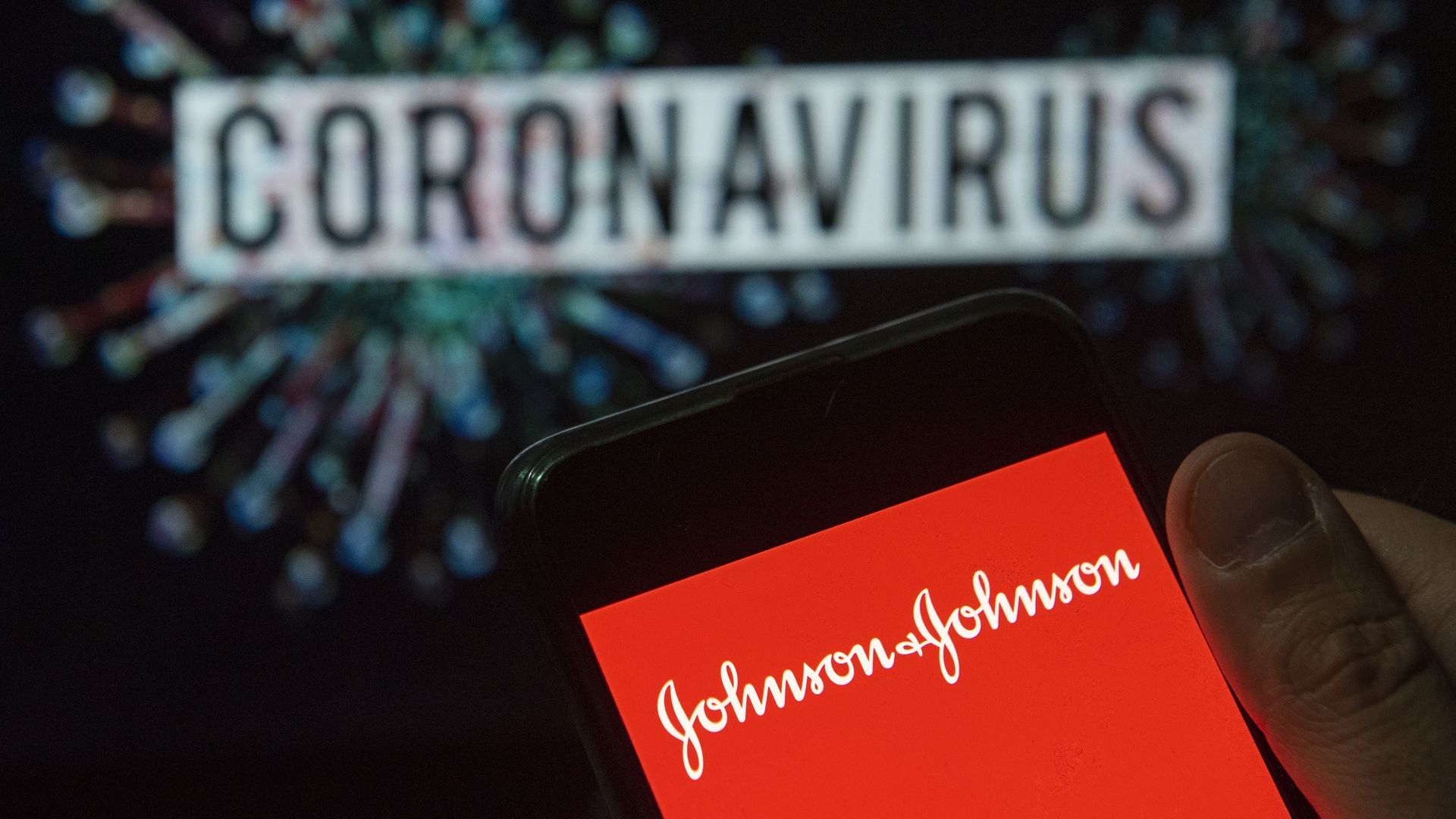Federal government weakened its march-in rights for coronavirus drugs
Add Axios as your preferred source to
see more of our stories on Google.

Photo: Budrul Chukrut/SOPA Images/LightRocket via Getty Images
The federal government has watered down legal rights that could allow it to take over the rights of some potential coronavirus drugs, according to federal contracts obtained by consumer group Knowledge Ecology International and shared with Axios.
The big picture: The federal government has never used its so-called "march-in rights," but they're a theoretically powerful tool to intervene in cases where pharmaceutical companies charge high prices or don't produce enough of a product.
How it works: Federal march-in rights, which have existed for 40 years but have never been exercised, spell out four circumstances in which the government can take over the patents on drugs that were developed with federal funding, and license those patents to other companies.
Those rights can kick in if a patent holder doesn't make its medicines "available to the public on reasonable terms," known as "practical application."
- Three of those words — "on reasonable terms" — are "the legal basis for intervening in cases of unreasonable drug prices," said Kathryn Ardizzone, the lead attorney for Knowledge Ecology International, a progressive public interest group.
But several companies making coronavirus drugs and vaccines have deleted those words from contracts with the Biomedical Advanced Research and Development Authority, or BARDA, which is part of the Department of Health and Human Services.
- Further, the contracts have deleted or narrowed the other circumstances in which march-in rights can be invoked, according to documents Knowledge Ecology International obtained through an open records request.
- Genentech, owned by Roche, and Regeneron defined "practical application" in their federal contracts only as making their coronavirus drugs "available to the public for a regulatory approved product." No mention of "on reasonable terms."
- Janssen, owned by Johnson & Johnson, used vaguer language, saying its drug only needs to be "capable of being utilized."
- The portion of Regeneron's BARDA contract that spells out the other specific clauses of when the federal government could invoke march-in rights — titled "compulsory licensing rights" — is completely redacted and labeled a trade secret.
Yes, but: The federal government appears to retain full march-in rights for Moderna's coronavirus vaccine, based on language adopted in Moderna's contract with BARDA.
- The National Institutes of Health also claims joint ownership of Moderna's coronavirus vaccine.
HHS said in a statement that the BARDA contracts "are focused on product development" and that when purchasing drugs, "one of the considerations in the price is any federal funding that was provided to develop the product.
- The department did not address questions about march-in rights.
The bottom line: Experts and drugmakers alike say coronavirus drugs are likely to be sold at only a small profit, but the government seems to be eliminating some of its legal recourse in case that doesn't happen.
Go deeper: You can read all of the federal documents obtained by KEI here.
